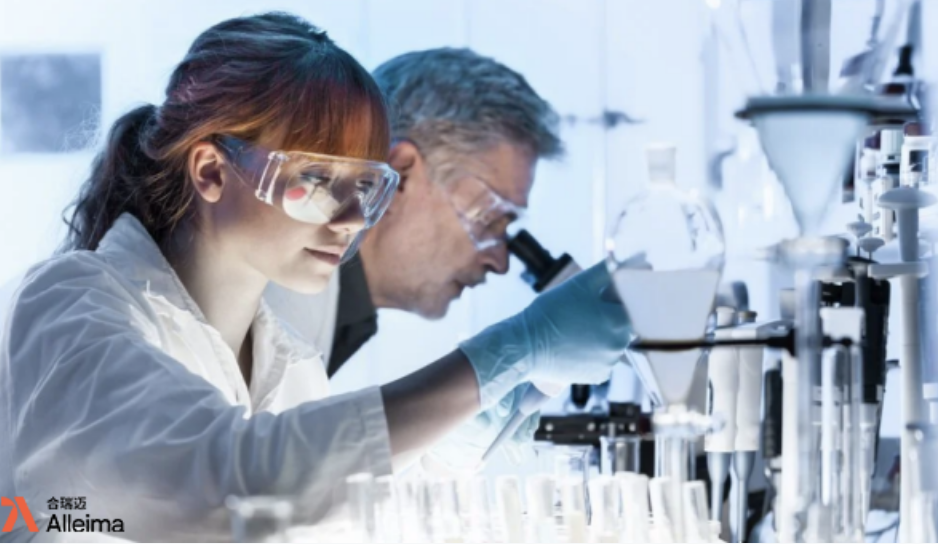The functional requirements of medical devices are becoming increasingly complex, and Alleima Medical has once again refined its medical metal and coating processes to overcome challenges
![]() 09/18 2024
09/18 2024
![]() 641
641
Against the backdrop of rapid advancements in medical technology, the continuous refinement of medical metal and coating processes is driving innovation and development in medical devices. From orthopedic implants to high-precision medical instruments, the selection and processing of medical metals must not only meet biocompatibility requirements but also constantly push the boundaries of functionality. In particular, the emergence of shape memory alloys such as Nitinol has made significant contributions to the medical field. In terms of coating processes, selecting and applying the most suitable coating materials poses a significant challenge for device manufacturers. Alleima Medical remains committed to innovative technologies, striving to continually meet the increasingly complex functional requirements of medical engineering through advancements in medical metals and coating processes.
Alleima dominates the high-end orthopedic implant market
More than 100 years ago, metal plates and screws were first used in orthopedic trauma repair, marking a significant innovation. However, the biocompatibility of the metals themselves after implantation was not fully considered at that time. In principle, metals implanted into the human body must be biocompatible, specifically, they must be corrosion-resistant in a warm, salty, and humid bodily fluid environment and must not cause allergic reactions in human tissues. Notably, Alleima Medical's parent company, Alleima, ventured into the medical field through orthopedic implant applications, offering products including trauma implants, spinal implants, and joint implants.
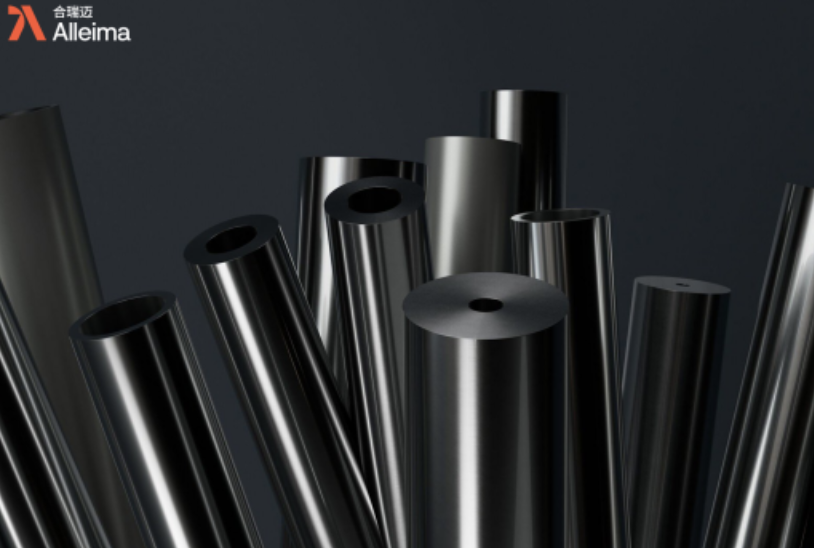
Typically, metals suitable for orthopedic applications, including stainless steel, are melted under vacuum conditions. However, this is not always the case, as evidenced by Alleima High N high-nitrogen stainless steel. The high nitrogen content contributes to increased material strength, but vacuum melting can cause nitrogen to escape from the material. Given the stringent requirements for impurity control in these materials, steelmakers must be capable of producing high-purity stainless steel in AOD converters, which serves as an important criterion for assessing their qualifications. Additionally, if the strict impurity control requirements are met, cobalt-chromium preforms can also be investment cast in converters.
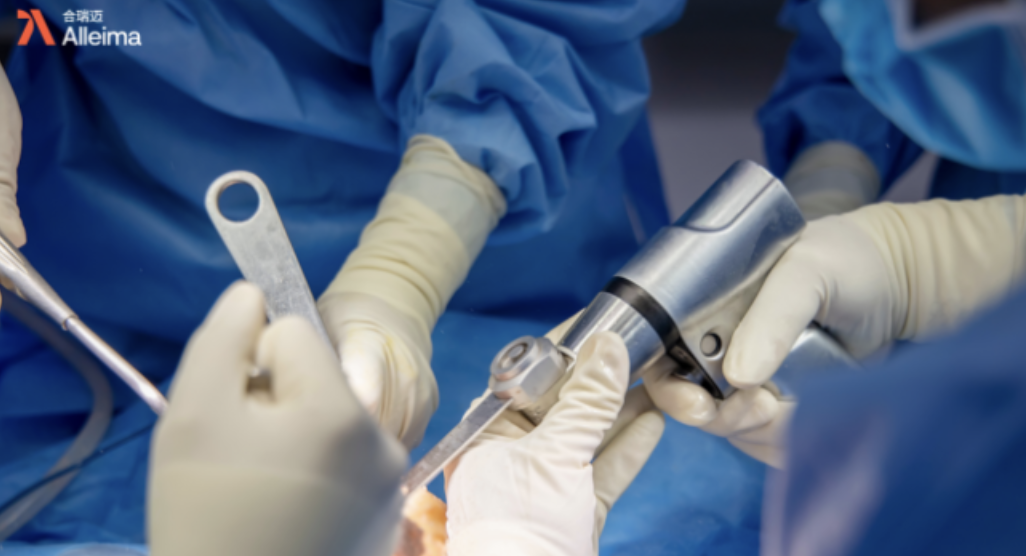
Orthopedic implants primarily employ 316L stainless steel, cobalt-chromium alloys, and 6/4 titanium alloys. Stainless steel stands out for its cost-effectiveness, particularly suitable for short-term in-vivo implantations. Cobalt-chromium alloys, with their exceptional strength, are ideal for knee replacement applications. Titanium alloys, on the other hand, boast powerful "osseointegration" capabilities, facilitating the fusion of bone and metal to form a more flexible combination. All three materials are suitable for hip replacement applications.
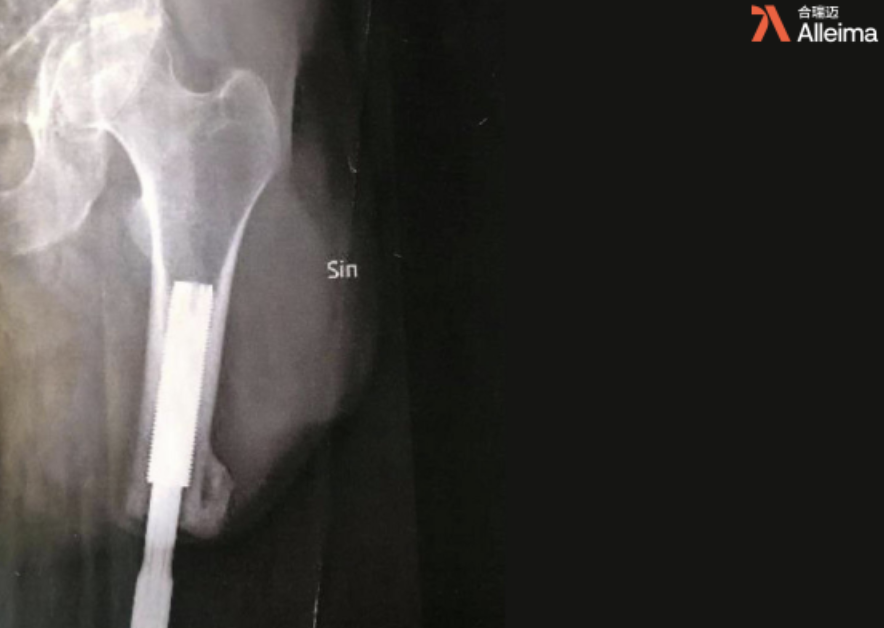
Alleima Medical Builds a Diversified Product Portfolio
Alleima is no longer content with its full range of orthopedic products and plans to expand into niche medical markets, building a diversified product portfolio. With significant advancements in medical technology, minimally invasive surgery has gradually penetrated various surgical fields, placing increasingly rigorous demands on "small but precise" key device components. In other words, the components must be smaller in size but more powerful in function, posing significant challenges to device designers, custom component partners, and even upstream raw material suppliers.
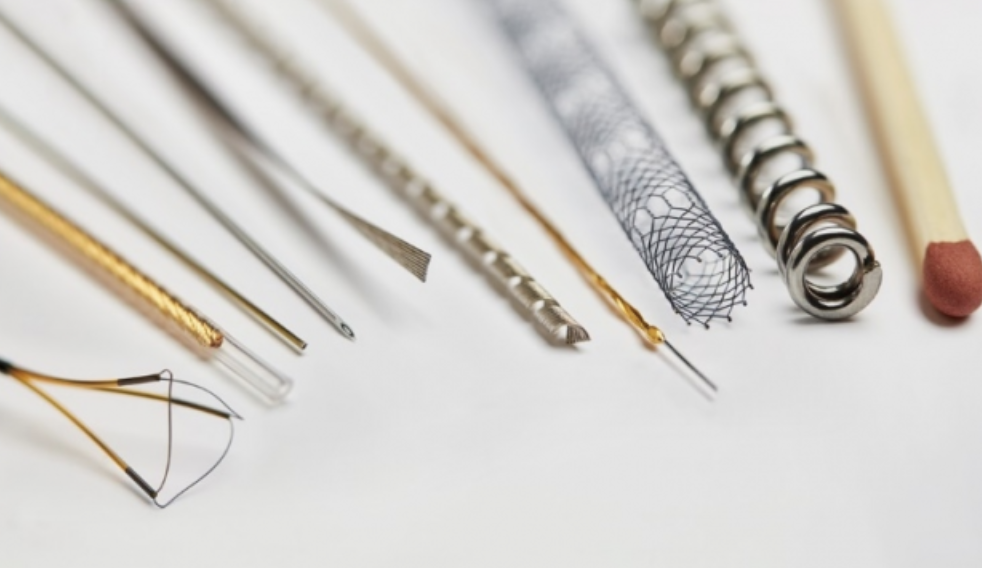
To meet this formidable challenge, Alleima Medical is committed to enhancing the accuracy of signal sensing and transmission functions amidst market changes. Market validation and widespread customer recognition have affirmed Alleima Medical's unique strength in combining medical metal expertise with coating processes, enabling it to flexibly tailor solutions to customer needs.
Alleima Medical Deepens Focus on Medical Metal Wire Coatings
Device manufacturers face numerous challenges throughout the design and production process, including component compatibility, project development budget and timelines, and clinical registration processes. Identifying a raw material supplier capable of understanding design requirements, rapidly prototyping, and consistently delivering high-quality finished products in bulk is paramount for device manufacturers.
Whether it's pacemakers, neurostimulators, blood glucose monitors, stone retrieval baskets, tumor localization systems, or other medical devices, their core components play crucial roles in signal sensing, transmission, measurement, stimulation, or precise capture within the body. These components require materials that meet specific biocompatibility, lubricity, conductivity, torsional resistance, fatigue resistance, and/or ultra-high elasticity standards. Selecting the appropriate metal substrate and corresponding medical coating is fundamental to achieving these key functions and properties. Alleima Medical, a supplier with deep expertise in metals and coating processes, excels in medical design and development.
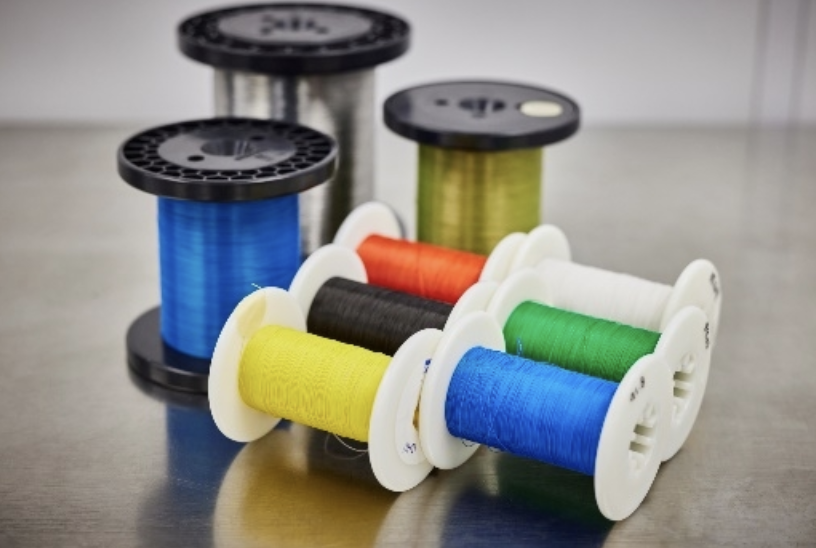
In the medical vertical market, Alleima Medical has refined its product portfolio through years of experience, market testing, and validation. It continues to iterate and upgrade towards a more diversified and innovative direction, closely following trends in the broader medical market environment.
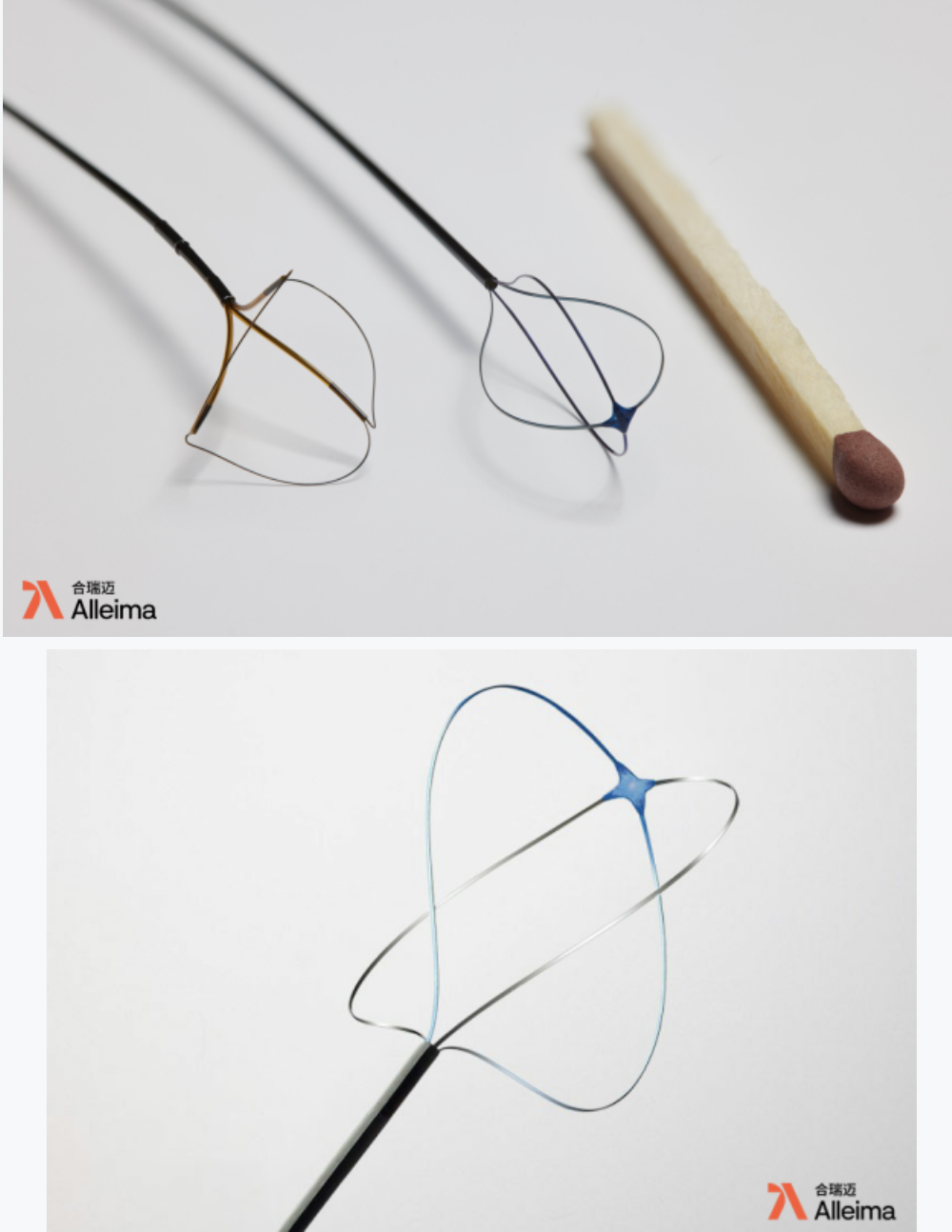
Nitinol, to some extent, breaks the limitations of conventional medical metals and has been widely used in various medical devices due to its superelastic properties and shape memory capabilities. To strengthen its Nitinol processing capabilities, Alleima Medical acquired Endosmart, a German specialist in Nitinol processing technology, two years ago. Since then, Alleima Medical has comprehensively launched a range of Nitinol forming and processing solutions, widely applied in medical applications such as breast biopsy markers, kidney stone retrieval baskets, and loop snares, among others. Over time, Alleima Medical has accumulated valuable experience, subtly driving innovation in soft robotics and endoscopic instrumentation.
Alleima Medical focuses on the research, development, production, and delivery of high-quality precision medical wires, components, and customized Nitinol parts processing solutions. Its products are widely used in high-end medical applications such as remote monitoring, cardiovascular therapy, neuromodulation, cochlear implants, biosensing, and artificial intelligence. The brand is dedicated to improving people's lifestyles and saving lives.
